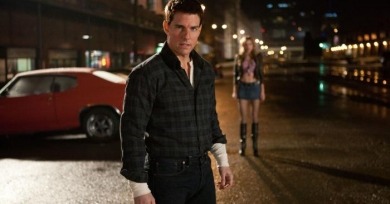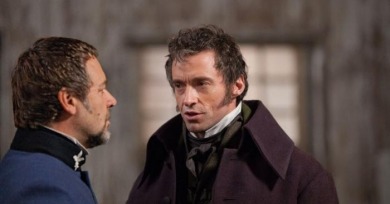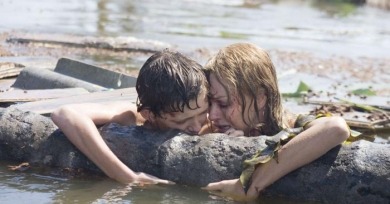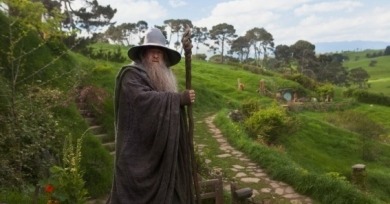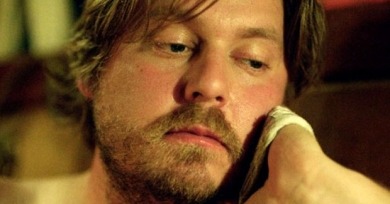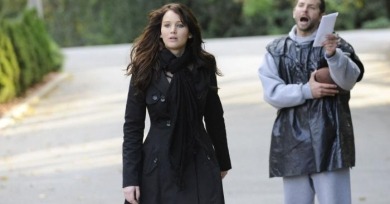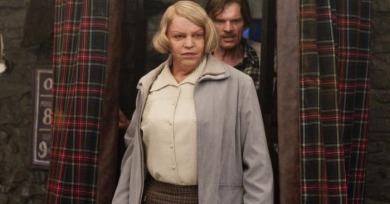Reviews
Dingy, underlit, overlong, and fatally po-faced when a little levity would have gone a long way, Jack Reacher is a profoundly bad movie, which is not the same thing as an interestingly bad movie.
Hooper clearly intends these ornate visuals to complement the thundering music, but the effect can be exhaustingly redundant, especially as the film’s uneven vocals underline the clumsiness of its audiovisual furor.
Too often, to these eyes at least, Petzold’s precision seems merely neat, his ambiguities calculated, his ironies pat, his cleanliness sterile. If not quite the reductio ad absurdum of the contemporary international minimalist style, Petzold is at least a good argument for its potential limitations.
Beyond the film’s racial dodginess, The Impossible’s do-anything desire to appeal to its audience is so all encompassing that it hurts the film on a technical level as well as a sociopolitical one.
The first feature film written and directed by Sopranos creator David Chase, Not Fade Away is principally a period film: a small-scale dramedy set against the backdrop of the tumultuous sixties as they unfold in a tri-state town within spitting distance of—but a world away from—the Village’s bohemian mecca.
The equivocation of a freed slave and Siegfried—the most resplendently blonde-haired, blue-eyed hero of Scandinavian lore—is a self-consciously audacious joke, and it's one that Tarantino carries through as Django pursues his own version of the hero's quest.
It may lack Rings’ rounded, three-dimensional contours, but it still gives us the impression that we’re inhabiting the unfamiliar world of J.R.R. Tolkien’s Middle-Earth, a place with its own laws of physics, its own history, languages, and social rituals.
Rick Alverson’s The Comedy is the latest in a long tradition of films that adhere to a program of aesthetic distancing in order to level scathing sociocultural critique.
In the latest documentary from Western Ohio’s young Bill and Turner Ross, Tchoupitoulas, named after a street in the Big Easy, three young, African-American protagonists scamper through the city over the course of one long evening.
Providing evidence that hyper-verbal does not equal hyper-articulate, the characters in the latest David O. Russell film are constantly firing blanks on all cylinders.
For all of its aesthetic and political posturing, Killing Them Softly is a toothless creature—a cinematic paper tiger. Pitt makes for a telling emblem is this regard.
We shouldn’t be shocked when movies as emotionally generous as In the Family fall through the cracks; we should just be encouraged when they get noticed. And that’s the case with Wang’s film.
The flamboyant color palette and liquid camerawork help justify the film as above all a fairy tale, which early on gives Lee free reign to indulge in a self-aware exoticism.
The best that the filmmaking Cerberus that produced Cloud Atlas can muster is a kind of rote blockbuster-ized uniformity which irons out all idiosyncrasies.
